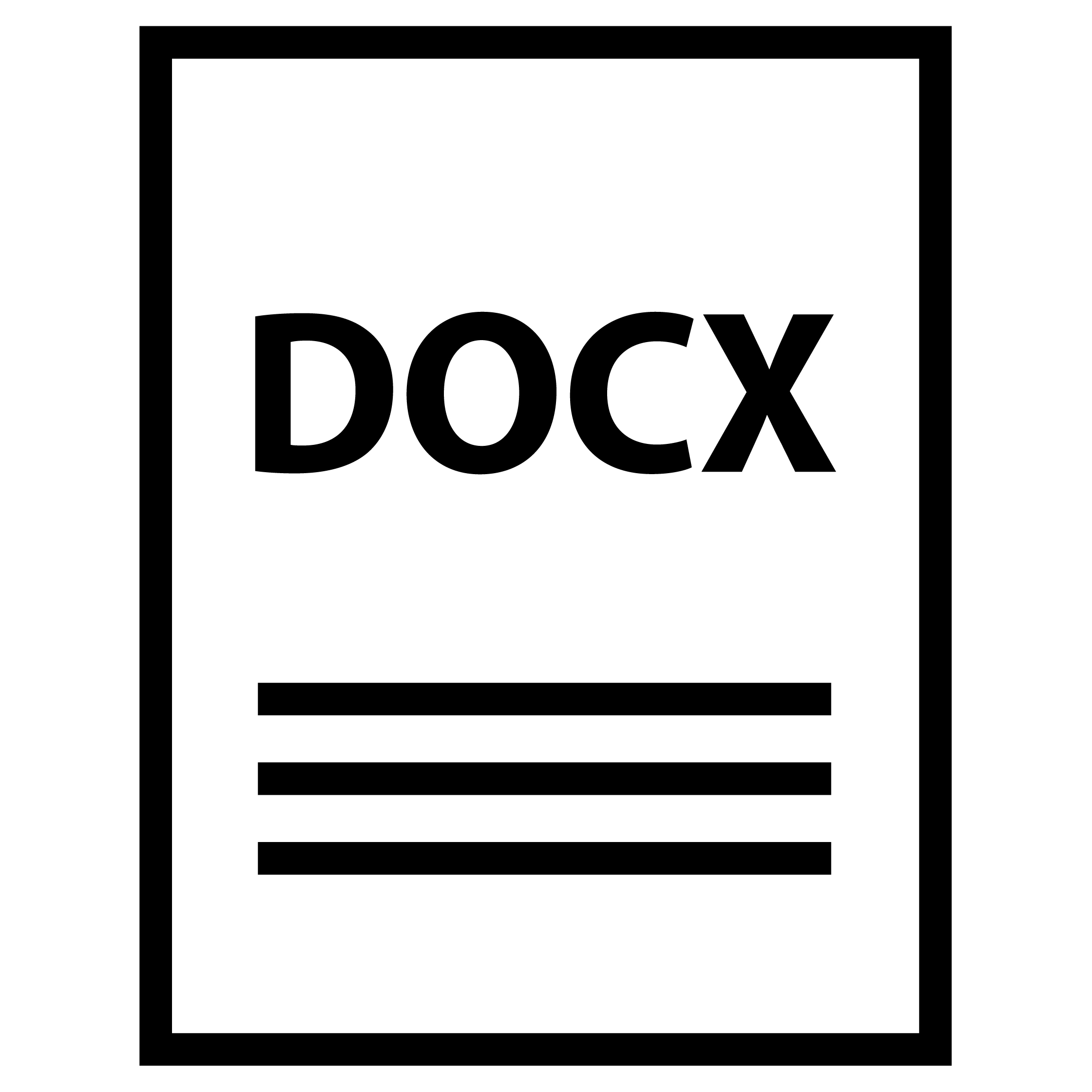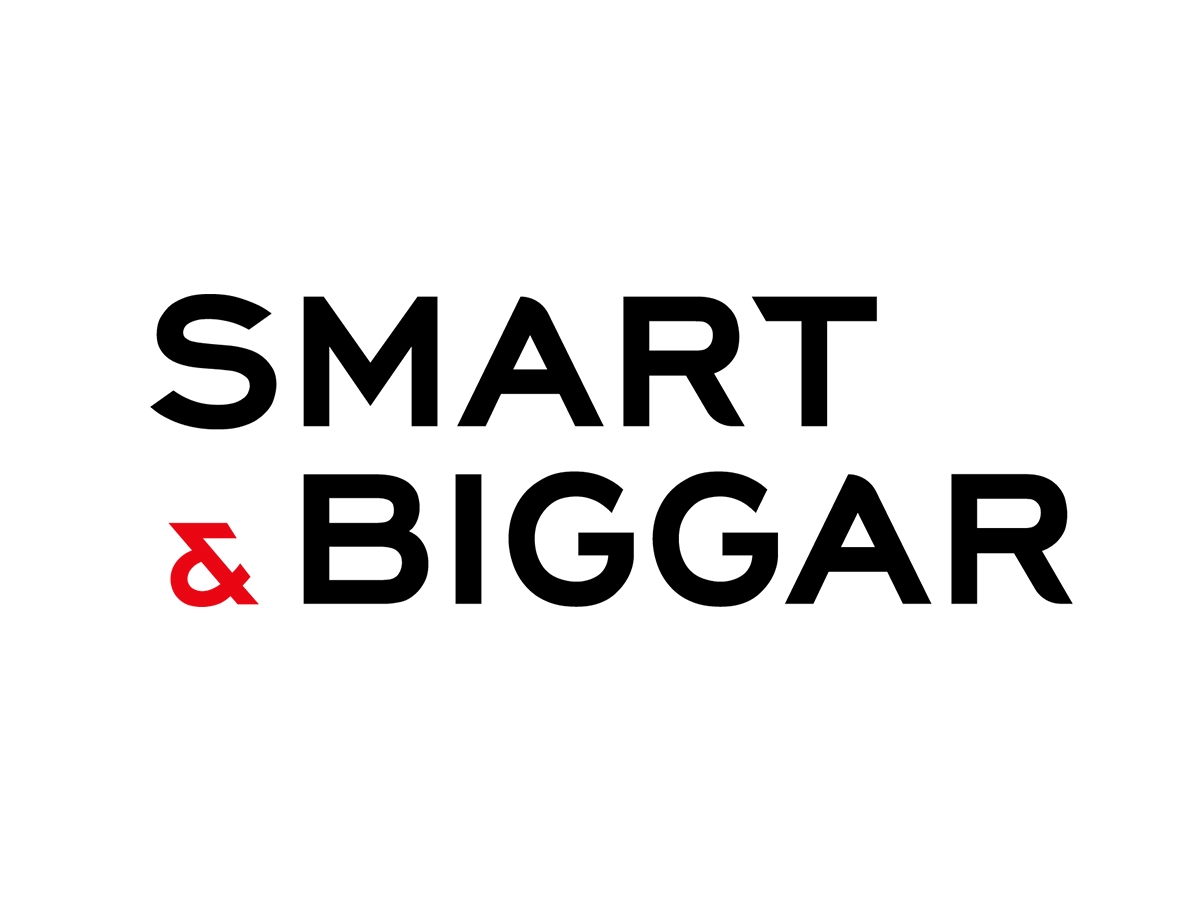Announcements on Withdrawal of SEP Policy Statements Lack Clarity and Leave Patent Owners Guessing
“Once again, by withdrawing the 2019 Policy Statement en masse patent owners are left to guess as to where the agencies see the line of acceptable behavior when it comes to enforcing standards related patents.”
As was recently reported by IPWatchdog (here and here), the U.S. Patent and Trademark Office (USPTO), the National Institute of Standard and Technology (NIST), and the U.S. Department of Justice, Antitrust Division (DOJ) issued a statement on June 8 withdrawing the December 19, 2019 Policy Statement on Remedies for Standards-Essential Patents Subject to Voluntary F/RAND Commitments (2019 Policy Statement). A footnote to the statement further provides that “the agencies do not reinstate the January 8, 2013, Policy Statement on Remedies for Standards-Essential Patents Subject to Voluntary F/RAND Commitments issued by the DOJ and the USPTO.” Curiously, this statement makes no mention of the 2021 Draft Policy Statement on Remedies for Standards-Essential Patents Subject to Voluntary F/RAND Commitments (2021 Draft Policy Statement), which draft statement was criticized by a broad cross-section of industry participants for a variety of different reasons. Regardless, our question is simply this: why did the 2019 Policy Statement need to be withdrawn instead of simply not proceeding with the 2021 Draft Policy Statement or, alternatively, modifying those portions of the 2019 Policy Statement that the agencies did not agree with? By throwing the baby out with the bath water, patent owners are now left to guess where the agencies stand on such issues.
Why Withdraw?
Recall, the 2019 Policy Statement states, amongst other things, that “[a]ll remedies available under national law, including injunctive relief and adequate damages, should be available for infringement of standards-essential patents subject to a F/RAND commitment, if the facts of a given case warrant them”, and that the 2019 Policy Statement was issued because “the agencies have heard concerns that the 2013 policy statement has been misinterpreted to suggest that a unique set of legal rules should be applied in disputes concerning patents subject to a F/RAND commitment that are essential to standards (as distinct from patents that are not essential), and that injunctions and other exclusionary remedies should not be available in actions for infringement of standards-essential patents.” So, by withdrawing the 2019 Policy Statement does this mean that the agencies do not agree that all remedies should be available for infringement of patents subject to F/RAND commitments and that they believe a unique set of rules should apply to such patents?
Much like the 2021 Draft Policy Statement (and the original policy statement from 2013), this most recent statement is devoid of any meaningful explanation or support. The statement simply provides that “[a]fter considering potential revisions to that statement, the Agencies have concluded that withdrawal best serves the interests of innovation and competition.” But how exactly does withdrawing a statement saying all patents should be treated the same serve the interests of innovation and competition?
We note that the final sentence of this most recent statement provides as follows:
In exercising its law enforcement role, DOJ will review conduct by SEP holders or standards implementers on a case-by-case basis to determine if either party is engaging in practices that result in the anticompetitive use of market power or other abusive processes that harm competition.
To the extent the agencies are concerned that the 2019 Policy Statement does not take into account the limits of antitrust laws (e.g. see the Federal Trade Commission’s Decision and Order In the Matter of Motorola Mobility LLC and Google Inc.), why not clarify that? As General “Buck’ Turgidson says in Dr. Strangelove: “I don’t think it’s quite fair to condemn a whole program because of a single slip-up…”
Dangerous Definitions
Finally, for reasons that are not entirely clear, the agencies take it upon themselves to define, in a footnote, what it means for a patent to be subject to a RAND or FRAND commitment:
A patent is subject to a RAND or FRAND commitment when a patent holder has voluntarily committed to make available a license for the patent on RAND or FRAND terms while participating in standards-setting activities at an SDO. SDO members may commit to license all of their patents that are essential to the SDO standard on RAND or FRAND terms.
Like the 2021 Draft Policy Statement, however, the agencies do not refer to the language of any specific licensing commitment, despite recognizing “[t]he specific RAND or FRAND obligations are contractual obligations that vary by SDO.” As we recently explained, the licensing commitment made to the European Telecommunications Standards Institute (ETSI) provides as follows:
“To the extent that the IPR(s) disclosed in the attached IPR Information Statement Annex are or become, and remain ESSENTIAL in respect of the ETSI Work Item, STANDARD and/or TECHNICAL SPECIFIATION identified in the attached IPR Information Statement Annex, the Declarant and/or its AFFILIATES are (1) prepared to grant irrevocable licenses under this/these IPR(s) on terms and conditions which are in accordance with Clause 6.1 of the ETSI IPR Policy; and (2) will comply with Clause 6.1 bis of the ETSI IPR Policy.
Comparing such language to the statements made by the agencies, the first sentence is lacking for not setting forth the condition of essentiality, whereas the second fails to recognize that licenses cannot be imposed and, as such, patent owners need only be “prepared to grant… licenses” in order to meet their obligations (i.e. patent owners do not “commit to license” as the agencies state).
A Kubrickian Approach
Once again, by withdrawing the 2019 Policy Statement en masse patent owners are left to guess as to where the agencies see the line of acceptable behavior when it comes to enforcing standards related patents. What is even more confusing is that one would assume all patents would be subject to the same rules absent any law or policy statements saying otherwise. The direction being provided by the agencies is reminiscent to that of Stanley Kubrick, a notoriously difficult man to please who famously said: “I do not always know what I want, but I do know what I don’t want.” Apparently, the agencies do not currently know what they want, but will let us know (in time) what they don’t want.
Image Source: Deposit Photos
Author: BrianAJackson
Image ID: 24525713
Curtis Dodd
Curtis Dodd is Chief Intellectual Property Officer (CIPO) at Harfang IP. He is a veteran of patent monetization, enforcement and portfolio management in the telecommunications and consumer electronics space with […see more]
Chris Dubuc
Chris Dubuc is the Founder and President of Harfang IP. He previously founded Longhorn IP, an emerging leader in the world of patent licensing. Prior to Longhorn IP, Mr. Dubuc […see more]








